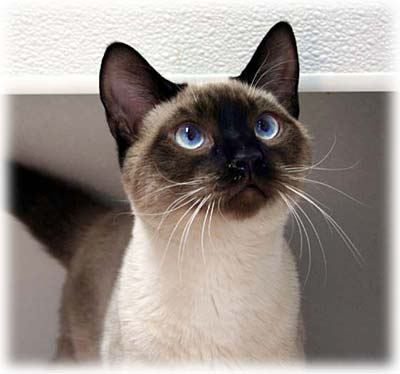Post by Blackstar on Jan 22, 2012 23:32:32 GMT -5
Wounds
Wounds are injuries when the skin and the muscles beneath are torn, cut, or punctured. They may put a cat's life in danger due to blood loss, infections, or the damage of the organs. Wounds are the most common injuries, due to the cats always fighting enemy Clans, badgers, or foxes.
Minor wounds heal on their own in no time, but severe wounds must be treated by a medicine cat. This treatment includes cleaning it thoroughly with the tongue, stopping the bleeding with cobwebs, and applying poultices to prevent infection and help it to heal. Herbs used include goldenrod, marigold, burdock root or (in the case of rat bites) wild garlic. If the wound becomes infected, chervil or horsetail is used as well. The pain can be eased with poppy seeds or willow bark.
Sprains
Sprains are injuries to ligaments of a joint, caused by being stretched beyond their normal capacity and possibly torn. It causes severe pain and decreased ability to move the joint. The cat must rest for several days.
Joint Dislocation
Joint dislocation is the displacement of a bone from its normal joint. Medicine cats treat this condition by first feeding the patient poppy seeds to make them sleepy so they don't feel it as much, and then forcing the limb back into the joint.
Broken Bones
A broken bone is usually the result of an accident, such as falling down from a high place, or being hit by a monster. Cats most often break their legs, and while medicine cats try to bind the bone with cobwebs, the injury usually results in the cat remaining crippled for the rest of his or her life. The only cat known to fully recover after breaking a leg was Cinderheart.
Wounds are injuries when the skin and the muscles beneath are torn, cut, or punctured. They may put a cat's life in danger due to blood loss, infections, or the damage of the organs. Wounds are the most common injuries, due to the cats always fighting enemy Clans, badgers, or foxes.
Minor wounds heal on their own in no time, but severe wounds must be treated by a medicine cat. This treatment includes cleaning it thoroughly with the tongue, stopping the bleeding with cobwebs, and applying poultices to prevent infection and help it to heal. Herbs used include goldenrod, marigold, burdock root or (in the case of rat bites) wild garlic. If the wound becomes infected, chervil or horsetail is used as well. The pain can be eased with poppy seeds or willow bark.
Sprains
Sprains are injuries to ligaments of a joint, caused by being stretched beyond their normal capacity and possibly torn. It causes severe pain and decreased ability to move the joint. The cat must rest for several days.
Joint Dislocation
Joint dislocation is the displacement of a bone from its normal joint. Medicine cats treat this condition by first feeding the patient poppy seeds to make them sleepy so they don't feel it as much, and then forcing the limb back into the joint.
Broken Bones
A broken bone is usually the result of an accident, such as falling down from a high place, or being hit by a monster. Cats most often break their legs, and while medicine cats try to bind the bone with cobwebs, the injury usually results in the cat remaining crippled for the rest of his or her life. The only cat known to fully recover after breaking a leg was Cinderheart.

